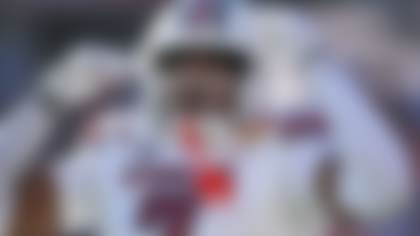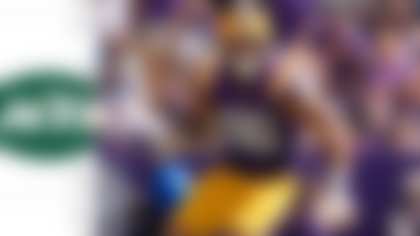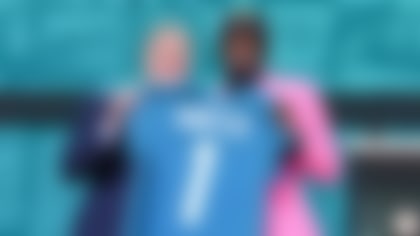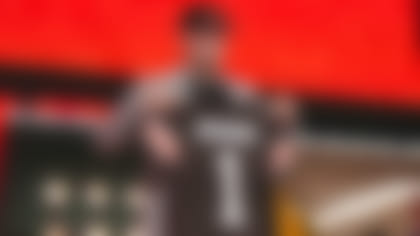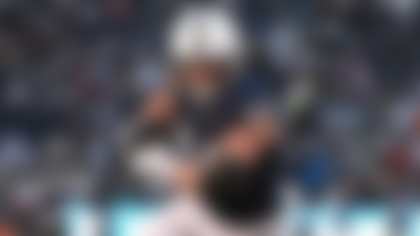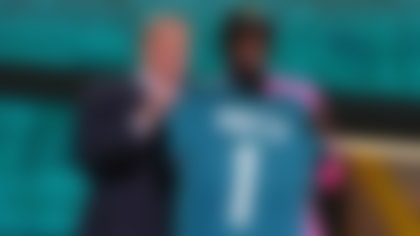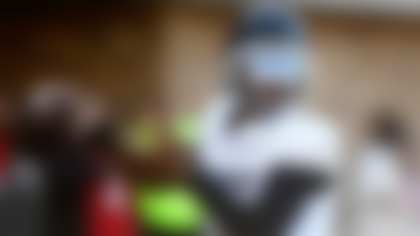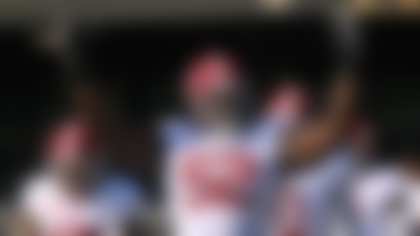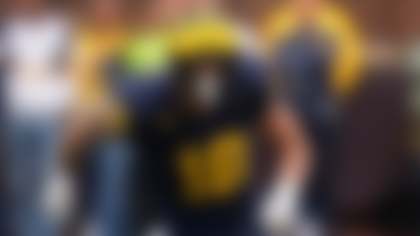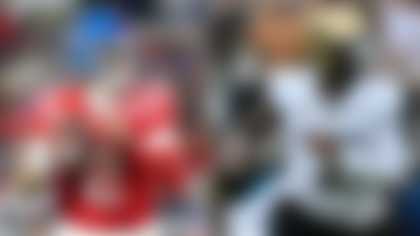The sense of doom began to set in early, even when things were deceptively perfect for the Carolina Panthers.
They were churning out their methodical, clock-chewing drives, their defense had forced a three-and-out, and Drew Brees was on the sideline so long it felt like he could have flown to Seattle and back to retrieve the Saints' offense from last week's blowout loss to the Seahawks.
But the troubling signs were plain to see from the game's first drive. The Panthers opted to kick two field goals because Cam Newton could not complete red-zone passes on third down, a down he had otherwise dominated this season. And in his very brief time on the field, Brees was barely breathed upon.
You knew what was coming next, and so did the scores of other teams it has happened to, who likely were nodding in grim recognition at their televisions. Teams that could not get a pass rush near Brees. Teams that left their secondaries exposed to Brees and a cache of receiving weapons so vast that Marques Colston can be overlooked. Teams that could not put the Saints in a deep enough hole when they had a chance, the way the Seahawks did last week.
And so the avalanche that followed felt inevitable.
The Saints outscored the Panthers 21-0 in the second quarter -- New Orleans notched one more touchdown in this quarter than Carolina's defense had allowed in any complete game all season -- and outgained them in yardage, 180 to 31. This was a testament not just to Brees' ability to shred a defense that could not get near him, but also to a Saints defense that was more muscular than one of the league's very best (and ended up sacking Newton five times).
The Panthers had hoped to hit Brees early. Instead, they barely hit him at all, until they began to blitz more in the third quarter. By then, it was too late. The Saints were well on their way to a 31-13 rout that felt a lot more lopsided than that, and it was safe to start wondering how New Orleans could transport that kind of energy and precision to the Northwest for another meeting with Seattle.
Skip ahead much? Not really. At home, against the league's best scoring defense, the Saints looked like the NFC's second-best team and a terrifying playoff host.
The playoff picture
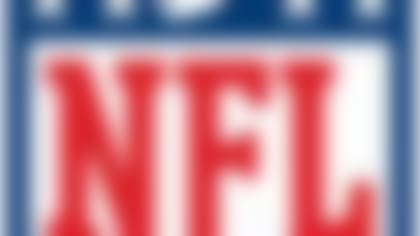
How would your team's prospects look if the season ended today? See where each team stands in the playoff picture midway through the season. **More ...**
The Panthers' defensive front is one of the best in football, but the Saints' offensive line blocked it well. And that left the secondary wide open. If you have a secondary like Seattle's, you can get by with that. If you don't -- and Carolina's anonymous secondary has been a concern since the preseason -- you get Brees attacking a rookie cornerback and completing passes to seven different receivers before halftime, three penalties on the secondary in the second quarter alone, and your best chance to seize the division slipping away.
"We had a great rhythm going," Brees said. "It felt very much in rhythm. It felt very balanced."
So does the Saints' universe again. Brees and Co. bristled last week at the contention that they are a different team at home than on the road, but that is undeniable. They are not a bad team on the road -- as evidenced by the 3-3 mark away from the Superdome -- but the Saints are as dominant at home as the Seahawks are in Seattle. On their speedy track, in their loud building, the Saints are a perfect 7-0, winning by an average of 17.4 points per game. New Orleans is built to play fast, to take leads and then harass opposing quarterbacks.
That is the opposite of how the Panthers want to play and were able to play during their eight-game winning streak. They look to grind opponents down with a powerful running game and a tough defense, to generally slow the game flow. It works when they are able to finish drives with touchdowns and get to the quarterback. They did neither Sunday night.
The Saints made no secret of needing this sort of restorative game after the Monday night debacle in Seattle that briefly raised all kinds of questions about their toughness, their revived defense, even the offense that has been the cornerstone of their success. The Panthers provided the perfect foil. They, like the Seahawks, have a powerful defense and an imposing running game. But they do not have that secondary and they did not get the Saints at home. They will get the latter in two weeks, of course, but before then, the Panthers must fix their own ills to keep from slipping behind in the playoff race. Coach Ron Rivera and his assistants have done a masterful job at covering up their team's deficiencies, and one thing they surely will look to do in the rematch is blitz Brees early and often.
The larger question for the Saints is what they can do differently if they make the expected return to Seattle. The Seahawks lost to the 49ers in San Francisco on Sunday, but that game -- in which Seattle was partially undone by its predilection for penalties -- did nothing to undermine the idea that they are the best team in the NFC, if not in the entire NFL.
The Saints know they'll face this narrative about the comforts of home again -- their first chance to squash it will come in St. Louis next weekend, and then in Carolina in two weeks.
Last week, Panthers linebacker Luke Kuechly acknowledged that Sunday night's trip to New Orleans would be a prove-it game for a Carolina team on the rise. The Saints dispatched the Panthers with ease, the way experienced championship teams do. The Saints have had a lot to prove this season, most significantly whether they could seamlessly rebound from a year lost to Sean Payton's bounty-related suspension and whether a historically bad defense could reverse itself under new coordinator Rob Ryan. They have made a mockery of those concerns. But the last one is still out there, far out there, away from the comfy confines of the Superdome, where those postgame embraces between Payton and Brees have become so routine. Will the Saints do as well if they face their own prove-it moment in Seattle next month?
Follow Judy Battista on Twitter @judybattista.

